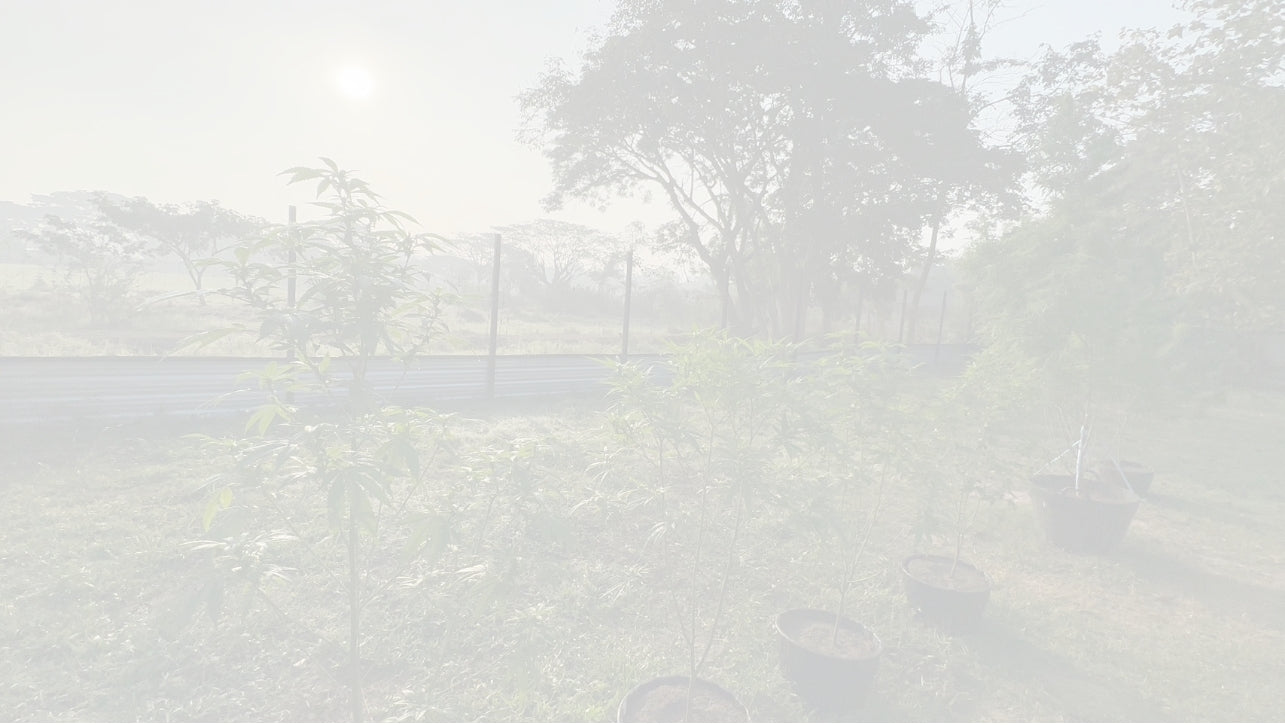On March 28, 2025, NHK News reported that the president of a company that operated multiple stores selling cookies and e-cigarettes containing the cannabis-derived ingredient "CBD" was arrested on suspicion of possessing cocaine. (Photo taken by the author, showing the company's CBD products)
The arrested man was a 24-year-old man living in Yokohama City. A white powder was found in his car, which was identified as cocaine after analysis.
Although he denies the charges, the fact that the head of a company dealing with CBD was in possession of illegal drugs is a major blow to the image of the CBD industry.
【notice】
— Takashi Sakurai│GOODCHILL│CHILLAXY (@GOODCHILL6) March 27, 2025
Regarding the reports of the arrest of our company president, unfortunately, the facts are generally as reported.
If you make it out safely, I'll give you a lecture.
All stores are open as usual. We look forward to your visit.
Since the revised Cannabis Control Act came into effect on December 12, 2024, operators of CBD shops have been arrested one after another for drug crimes, creating a serious situation in which CBD may be perceived as having connections to the drug industry.
The difference between CBD and opioids
CBD (cannabidiol) is one of the compounds found in cannabis, but unlike THC (tetrahydrocannabinol), which has a strong psychoactive effect, it is said to have no addictive or psychoactive effects.
The World Health Organization (WHO) has also rated CBD as relatively safe, and its use is expanding overseas for purposes such as health promotion and relaxation.
On the other hand, cocaine and illegal cannabis (containing high concentrations of THC) are highly addictive and dangerous, and are strictly prohibited under Japanese law. In other words, CBD and narcotics/illegal drugs are completely different, and treating them in the same category just because they are derived from cannabis can lead to misunderstandings.
The background to arrests in the CBD industry
Under Japan's Cannabis Control Act and other laws, CBD products cannot be imported or distributed unless they are extracted to a level that does not contain THC. However, there have been cases of arrests related to illegal drugs.
However, it should not be misunderstood that the CBD was not found to be defective, but rather the operators were rounded up and arrested for a completely different drug offence.

Source: Yomiuri Shimbun Online
Just in December 2024, another CBD business owner (then the president) was arrested.
It is not that "CBD products manufactured overseas were mixed with illegal ingredients such as THC," but rather that CBD shops are being arrested for being distribution platforms for illegal drugs, for creating new synthetic substances to circumvent illegal ingredient regulations, or for operators being involved in drug crimes.
It is true that CBD is a substance derived from cannabis, but the image that accompanies this term often leads to reports that confuse CBD shops with illegal cannabis and other drugs.
However, I do not believe that this can be criticized as ignorance on the part of the media.
It is true that the current CBD industry has an underground environment that makes it easy for businesses dealing in CBD without sufficient knowledge and individuals who regularly use illegal drugs to enter the industry. In fact, it seems that the fact that CBD businesses are being arrested for drug crimes has created a vicious cycle in which CBD has a bad image.
Industry characteristics and challenges
While the CBD industry has grown rapidly in recent years, there are still skeptics who ask, "Are the products we sell really legal?" When incidents like the recent Shibuya marijuana gummy incident and the current cocaine possession allegations occur, it is inevitable that the image of the company will be damaged by consumers, which is a major blow to companies that conduct business honestly.
Another issue that has been highlighted is the lack of sufficient morality and awareness of compliance within the industry.
For CBD businesses that are doing business properly, it is very unfortunate to be suspected of being involved with illegal drugs. In fact, the majority of companies are thorough in quality control and tracking of raw materials (traceability), but it is very unfortunate that the misunderstanding that "CBD = gray area" is spreading due to the media coverage that highlights some illegal businesses.
Future industry trends and countermeasures
In light of this incident, it is expected that enforcement will be further strengthened in the future. The following measures and actions are expected to be taken:
Companies that conduct rigorous ingredient testing and third-party certification will survive, while businesses that use CBD as a cover to operate in the gray area will be eliminated.
Additionally, industry groups and experts may work together to develop guidelines and build quality control systems.
We believe it is important for companies and the media to provide information so that consumers have the correct information about how CBD is produced and how it differs from narcotics and dangerous drugs.
In particular, to use CBD products safely, it is essential to check "which company is using what raw materials and what process they are being used in manufacturing." If consumers choose reliable products from official channels, the overall health of the market will be promoted.
summary
CBD and narcotics such as cocaine have completely different properties and legal status.
However, due to a combination of rapid growth in the industry, immature legal systems, and the existence of unscrupulous operators, arrests like this one continue to occur.
It is unfortunate that every time an incident is reported, the image of "CBD = danger" spreads, but many honest CBD businesses are still working hard to provide safe, high-quality products.
We hope that by working towards strict compliance and transparency across the industry, the true value and potential of CBD will be properly evaluated.
Article Author
- NHK News: https://www3.nhk.or.jp/
- Ministry of Health, Labor and Welfare "Cannabis Control Act": https://elaws.e-gov.go.jp/document?lawid=323AC0000000124
- World Health Organization (WHO) - Report on CBD


